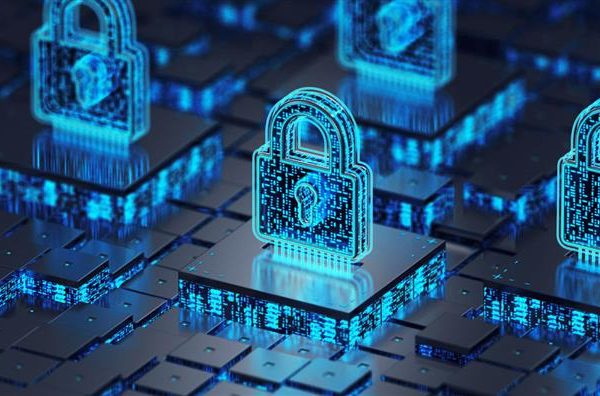Intrinsic security can help eliminate bottlenecks to security rollouts, future-proof remote workforces, and achieve cost efficiencies, finds Frost & Sullivan
SANTA CLARA, Calif. –May 11, 2021 – Frost & Sullivan surveyed 3,284 IT decision-makers in a recent global study and found that 31% of all organizations cite moving to the cloud as part of their digital transformation initiative. It was the second most critical IT challenge between 2021 and 2023; the first was dealing with security concerns. As the shift to remote working and the proliferation of access points have blurred traditional network security perimeters, organizations are viewing business-enabling technologies in a new light. From simply bolting security protection on top of their new infrastructure, they are now looking to deploy built-in security that leverages zero-trust networking concepts. This practice will greatly enhance cyber resiliency against new threats and permanently enable a large remote workforce.
Frost & Sullivan’s latest article, Intrinsic Security Must be at the Heart of Digital Transformation, examines the issues connected to digital transformation and cloud migration that have serious security implications for enterprises.
To download the complimentary article, please visit: http://frost.ly/5jm
“Digital transformation initiatives that heavily leverage cloud platforms and apps were pushed forward by several years due to the immediate need to enable a distributed workforce. Although these initiatives were necessary, they also increased cyber risks for organizations,” observed Jarad Carleton, Cybersecurity | Global Manager at Frost & Sullivan. “By employing solutions with intrinsic security, organizations can lower the chances of breaches, fines, regulatory oversights, decreasing digital trust, and falling revenues.”
“The pace of change has accelerated, so security models that require a lot of labor or are bolted on tend to fall behind the speed of modern business,” noted Todd Lieb | Director of Strategy & Programs at Dell Technologies. “If security is intrinsic, performing governance due diligence can be compressed because the delays involved with bolting on security to new business-enabling technology become redundant. Ultimately, when intrinsic security becomes the norm in an organization, automation and substantial cost-savings become easy to achieve.”
Takeaways from the article include:
- The global embrace of remote working is not a temporary response to a global pandemic. It was a growing trend that was rapidly pushed forward by 20 years.
- A culture of security wherein all employees are security conscious can make a measurable impact on the business.
- Organizations that leverage business-enabling technologies with intrinsic security will be better protected and have lower cyber risk scores than those that do not.
- A culture of security must be driven from the top down, but when the emphasis on security is lacking, solutions with intrinsic security can prevent rollout delays because security has already been built into the solution.
About Frost & Sullivan
For six decades, Frost & Sullivan has been world-renowned for its role in helping investors, corporate leaders and governments navigate economic changes and identify disruptive technologies, Mega Trends, new business models and companies to action, resulting in a continuous flow of growth opportunities to drive future success. Contact us: Start the discussion.
Contact:
Jaylon Brinkley
P: +1 210 247 2481
E: [email protected]






